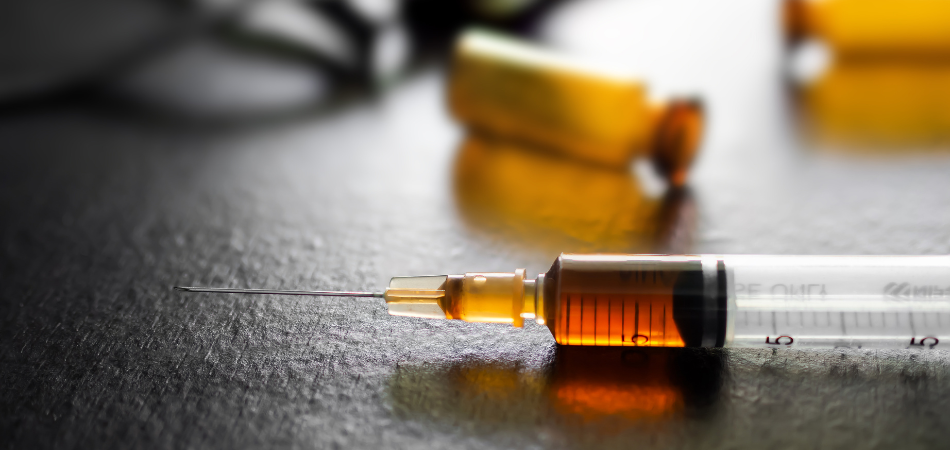
Written by:

Medically Reviewed by:
Last Updated:
February 14th, 2025
Ketamine addiction
What is ketamine?
Ketamine is a medication primarily used as an anaesthetic in both humans and animals. It’s known for its fast-acting ability to induce sedation and pain relief, making it a popular choice in surgeries and emergency care.
Recently, ketamine has gained attention in modern medicine for its potential in treating depression, especially for those who haven’t responded well to other treatments.
However, despite its medical uses, ketamine is also widely abused. When taken recreationally, it can produce hallucinogenic effects, leading to detachment from reality. The misuse of ketamine can be dangerous, leading to both physical and psychological harm and while its role in healthcare is evolving, its potential for abuse remains a significant concern.
Is ketamine popular in the UK?
In recent years, ketamine has gained significant popularity among 16-24-year-olds in the UK, as shown by its sharp rise in usage and even overtaking well-known party drugs such as ecstasy. So, why is this happening? Several factors likely contribute to its growing appeal.







